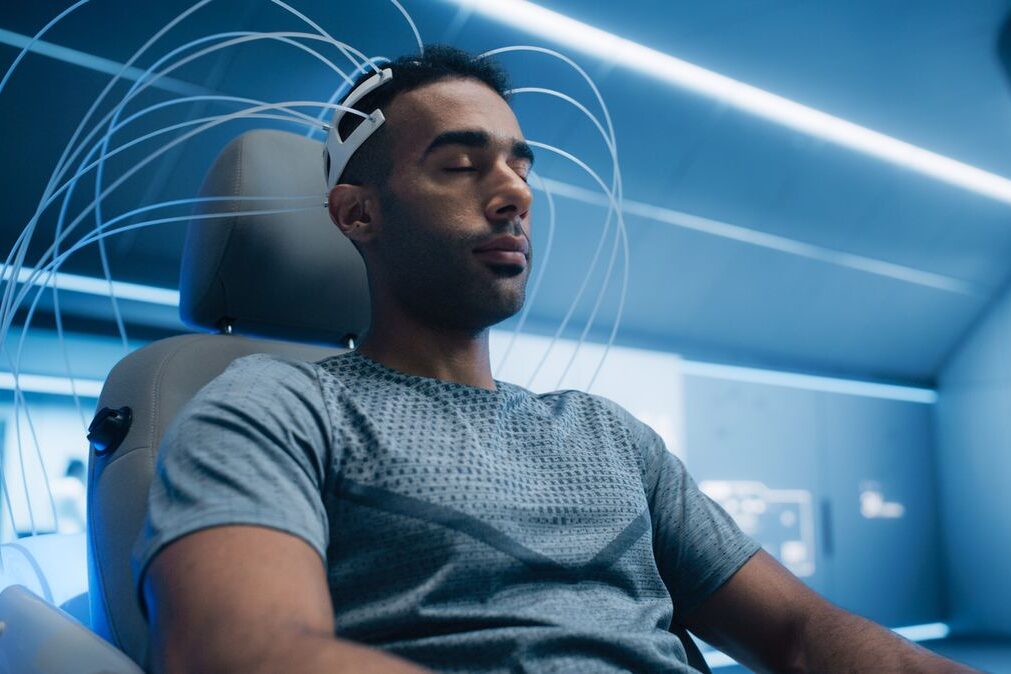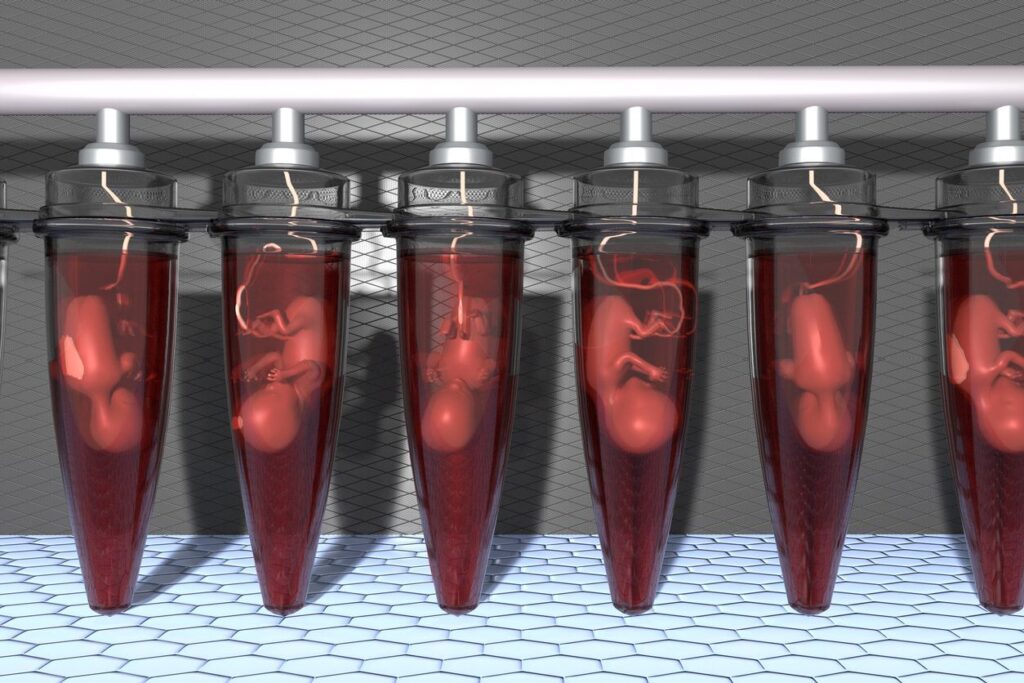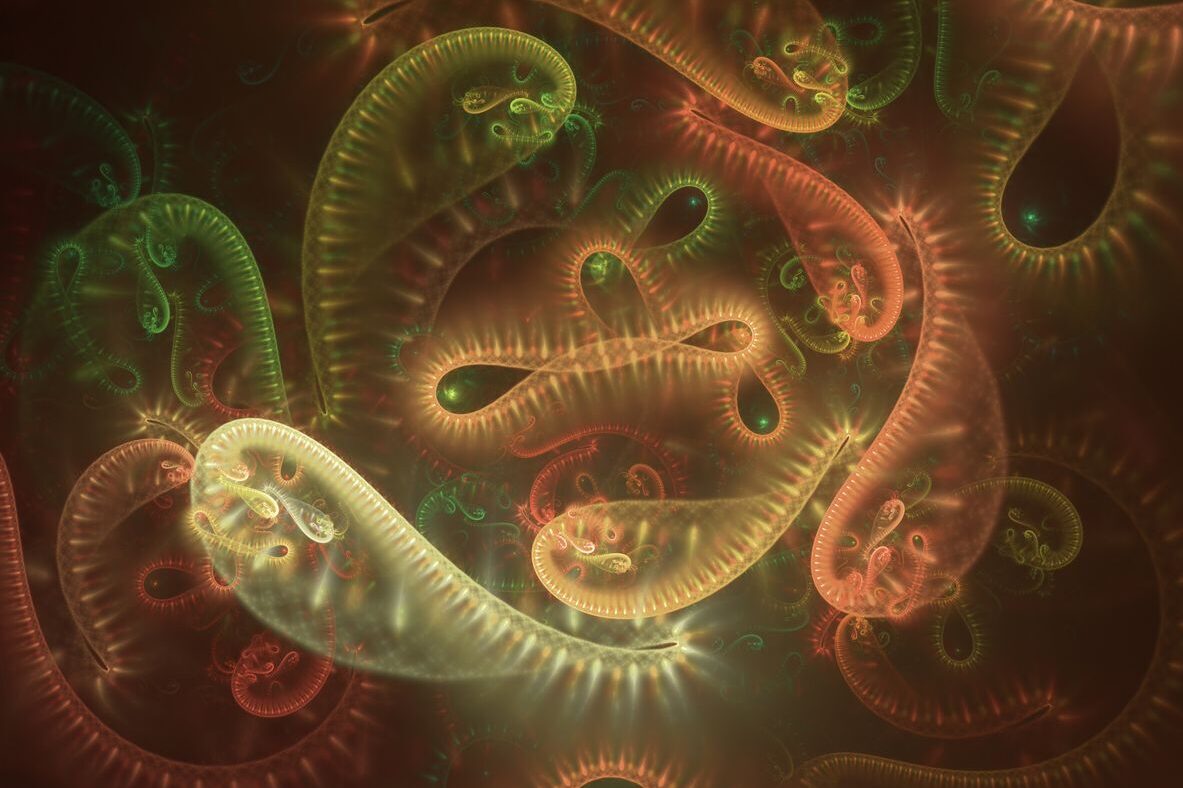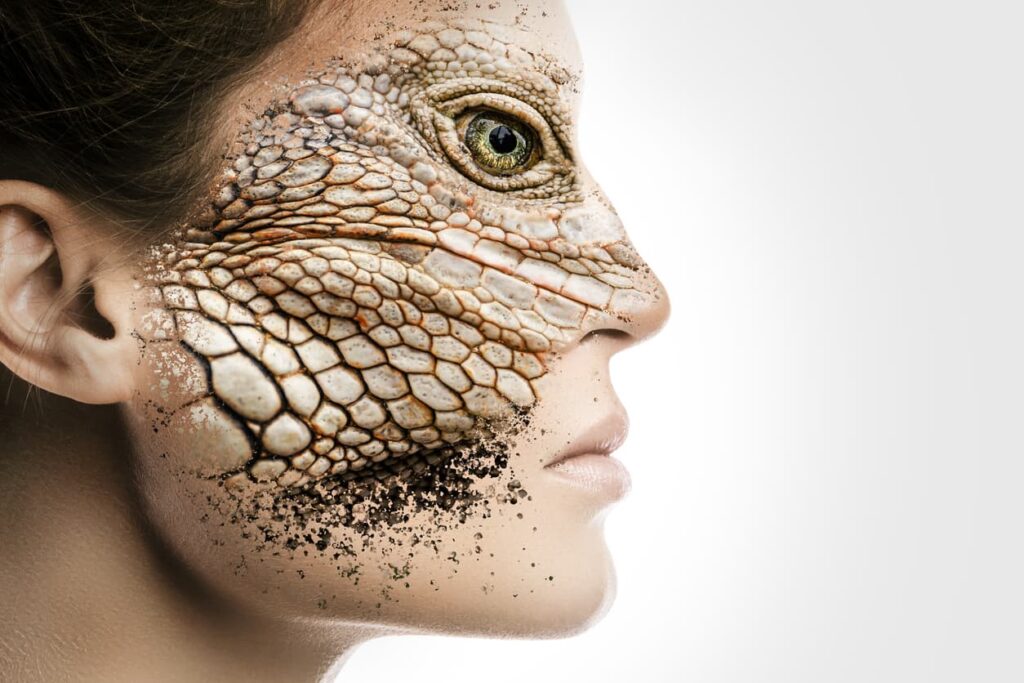Is it Exciting or Terrifying? Maybe both

Every so often, science takes a leap that makes us rethink what it means to be human. From mind bending brain experiments to radical body enhancements, these wild scientific frontiers could redefine our species in ways we’re only beginning to imagine. Here are eleven experiments and ideas that could truly change the human experience as we know it.
1. Brain-Computer Interfaces

Imagine thinking a command and having it instantly carried out by a computer or robotic limb. Brain-computer interfaces are making that a reality, letting people control devices with their thoughts alone. This technology is already helping paralyzed individuals communicate and move, but it could eventually allow anyone to upload memories, download skills, or even connect minds across the globe. The line between human and machine is starting to blur, and as these interfaces become more sophisticated, our very sense of self could expand beyond our biological bodies.
Source: sciencedirect.com
2. CRISPR and Gene Editing

Gene editing tools like CRISPR are giving scientists the power to alter the fundamental building blocks of life. This means we could potentially cure genetic diseases, enhance intelligence, or even design babies with chosen traits. While the ethical debates are fierce, the ability to rewrite our DNA could lead to a future where humans are healthier, smarter, and possibly even resistant to aging. The prospect of “designer humans” is no longer science fiction, it’s a question of when, not if.
Source: en.wikipedia.org
3. Artificial Wombs

Picture a world where babies can be grown in artificial wombs, bypassing traditional pregnancy altogether. Scientists are already developing biobags to support premature lambs, and human trials may not be far behind. This could revolutionize reproductive health, offering new hope for those unable to carry a pregnancy and challenging our ideas of motherhood, family, and what it means to be born.
Source: youtube.com
4. Full-Body Prosthetics

Advances in robotics and prosthetics are making it possible to replace lost limbs with artificial ones that move and feel almost like the real thing. But what if we could go further, replacing entire bodies while keeping our brains intact? Experiments with brain transplants and advanced exoskeletons hint at a future where our physical form is as interchangeable as a set of clothes, raising profound questions about identity and mortality.
Source: devpost.com
5. Digital Immortality

The idea of uploading your consciousness to a computer once belonged to sci-fi, but researchers are taking the first steps toward mapping and simulating the human brain. If successful, this could mean living on as a digital entity, free from the limitations of flesh and bone. The dream of digital immortality is distant but tantalizing, promising a new kind of existence where death is optional and the mind can roam virtual worlds forever.
Source: en.wikipedia.org
6. Synthetic Biology

Synthetic biology goes beyond editing genes is about creating entirely new organisms from scratch. Scientists are designing bacteria that can produce medicines, clean up pollution, or even glow in the dark. As this field grows, we may see custom-built life forms tailored to our needs, blurring the line between natural and artificial and opening up possibilities for human enhancement or even entirely new branches of humanity.
7. Radical Life Extension

Who hasn’t dreamed of staying young forever? Researchers are uncovering the secrets of aging, from telomere shortening to cellular senescence, and experimenting with drugs and therapies that could dramatically extend the human lifespan. If aging can be slowed or reversed, we might see people living healthy lives well into their second century, reshaping society, work, and even our sense of purpose.
8. Human-Animal Hybrids

Chimeras organisms made from mixing human and animal cells are already being created in labs to grow organs for transplant or study disease. While the goal is often medical, the ethical and philosophical implications are enormous. What happens if a creature is part human, part animal? These experiments could force us to redefine what counts as a person and challenge our deepest beliefs about the uniqueness of humanity.
9. Sensory Augmentation

Imagine seeing ultraviolet light, hearing ultrasonic frequencies, or feeling magnetic fields. Scientists are developing implants and wearable tech that can give humans new senses or enhance existing ones. These sensory upgrades could improve safety, creativity, and communication, but they might also create new divides between those with enhanced abilities and those without, changing how we relate to each other and the world.
10. Artificial Intelligence Companions

AI is getting smarter and more personable, with some systems already capable of holding conversations, offering emotional support, and even forming bonds with humans. As these companions become more lifelike, they could fill roles as friends, caregivers, or even romantic partners. This raises questions about the nature of love, companionship, and what it means to connect with another being especially when that being is made of code.
11. Space Colonization

The dream of living beyond Earth is closer than ever, with missions to Mars and plans for lunar bases in the works. But surviving in space will require us to adapt genetically, technologically, and socially. Space colonization could lead to new forms of humanity, shaped by alien environments and the challenges of life off-world. The idea of what it means to be human may evolve as we become a species that calls more than one planet home. As we venture further into these uncharted territories, one thing is certain: the definition of “human” is set to change in ways we can barely imagine.
If you’re fascinated by the future and want to stay ahead of the curve, keep following for more deep dives into the science that’s shaping tomorrow.


